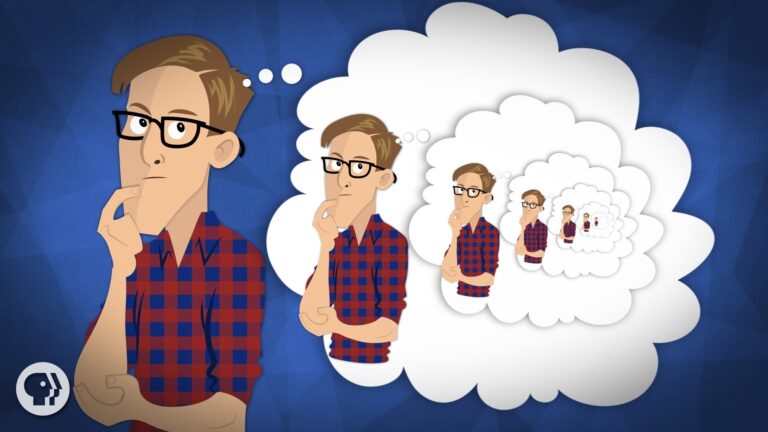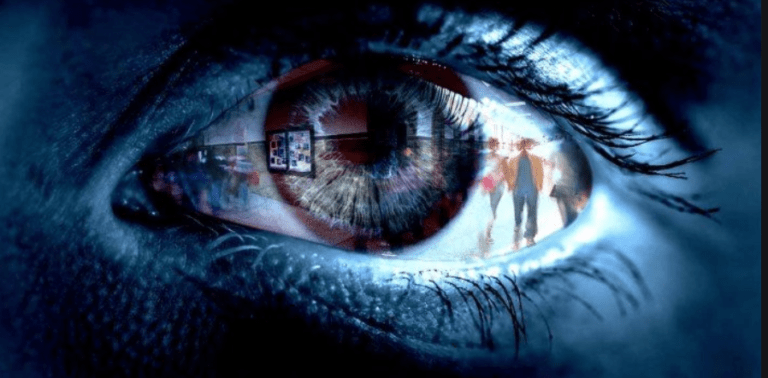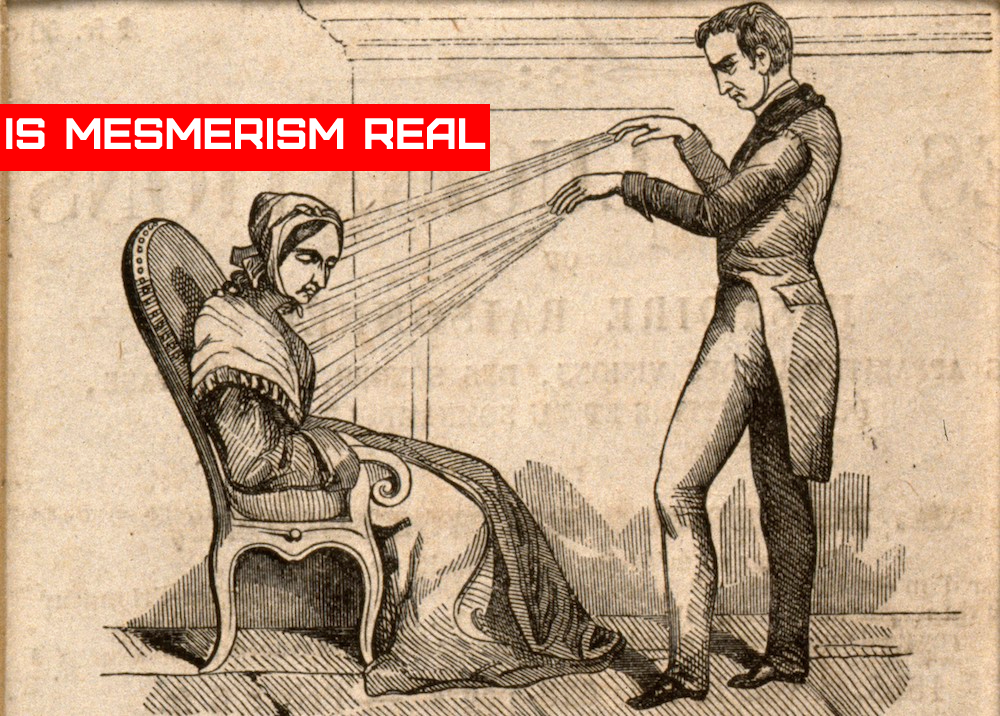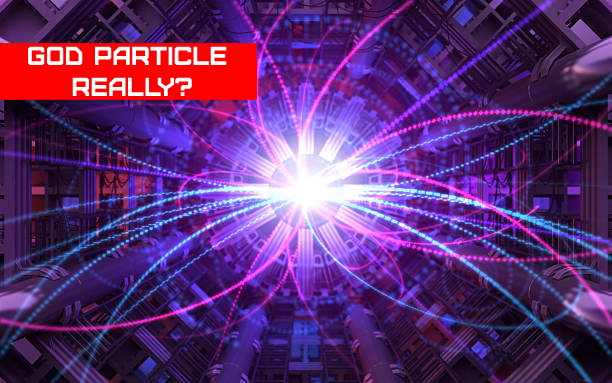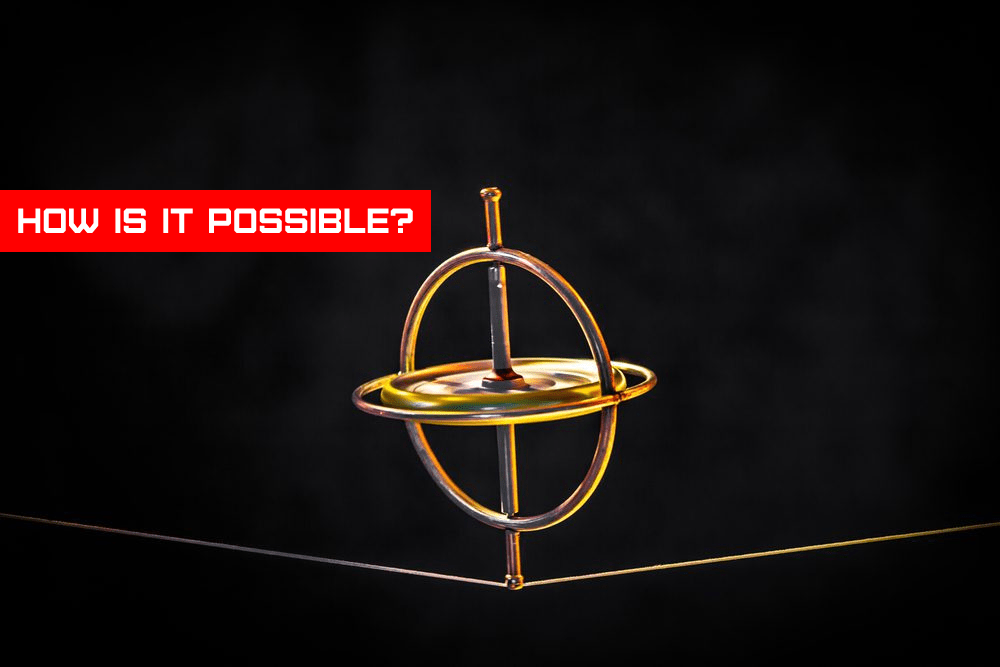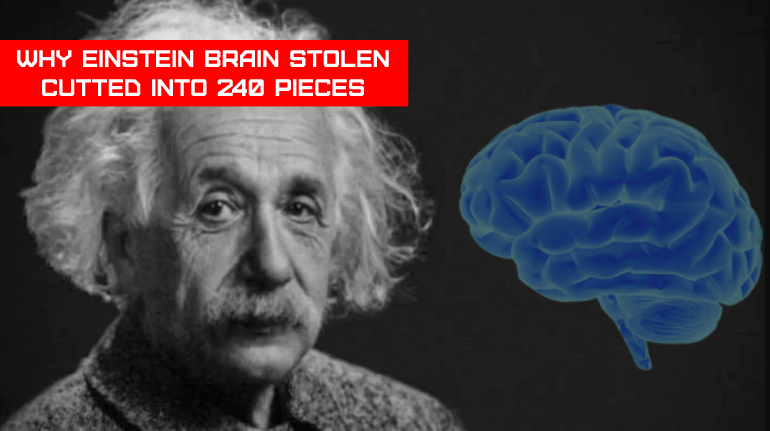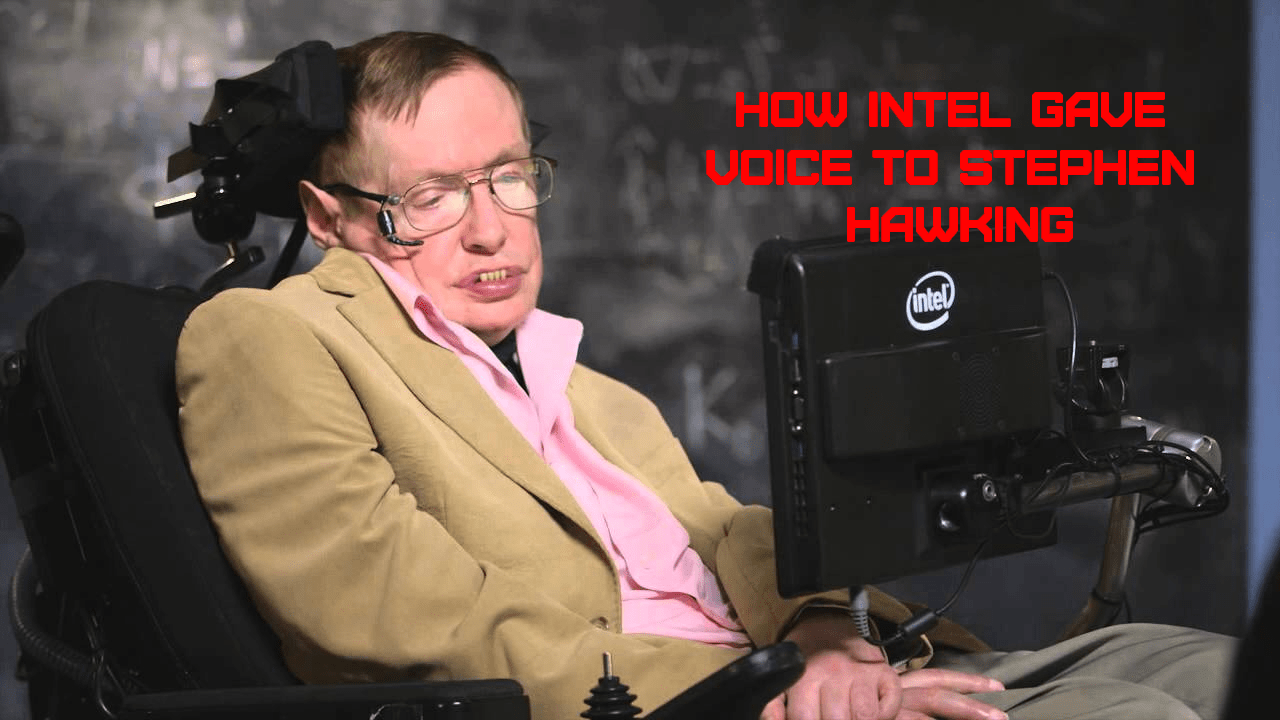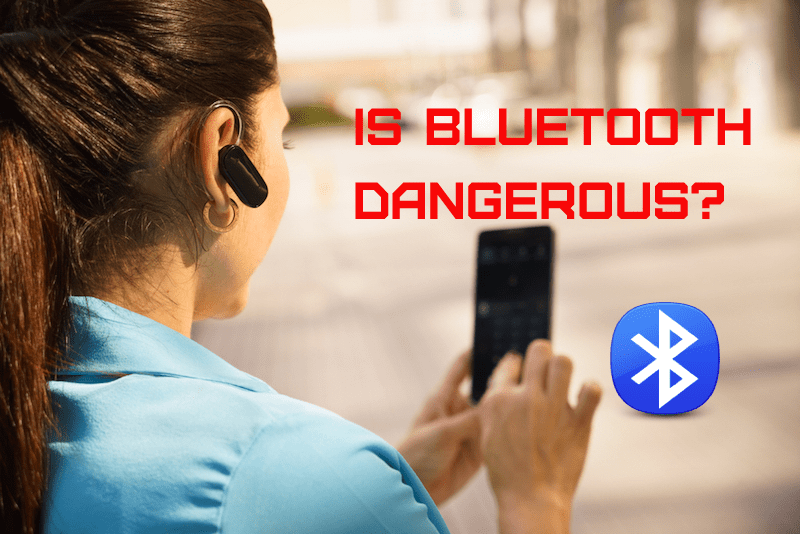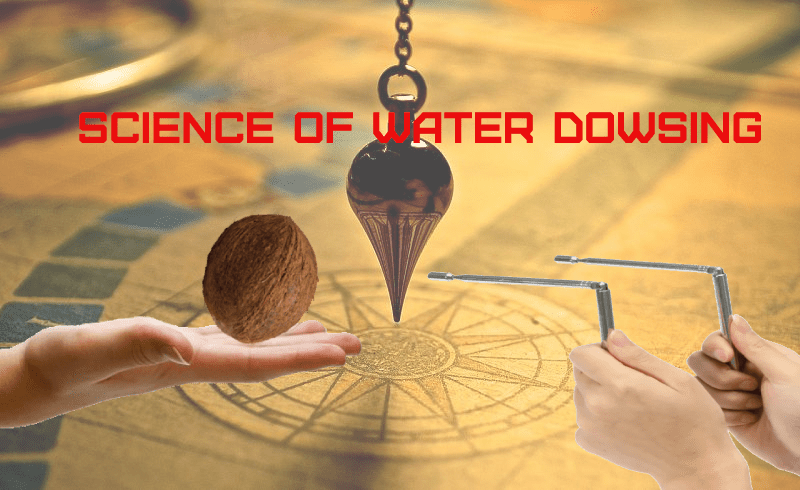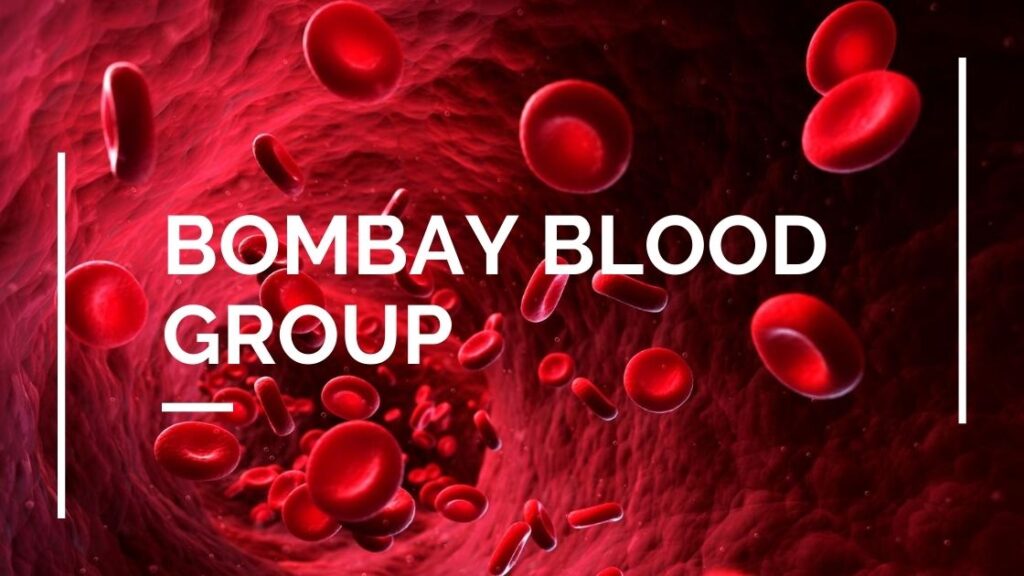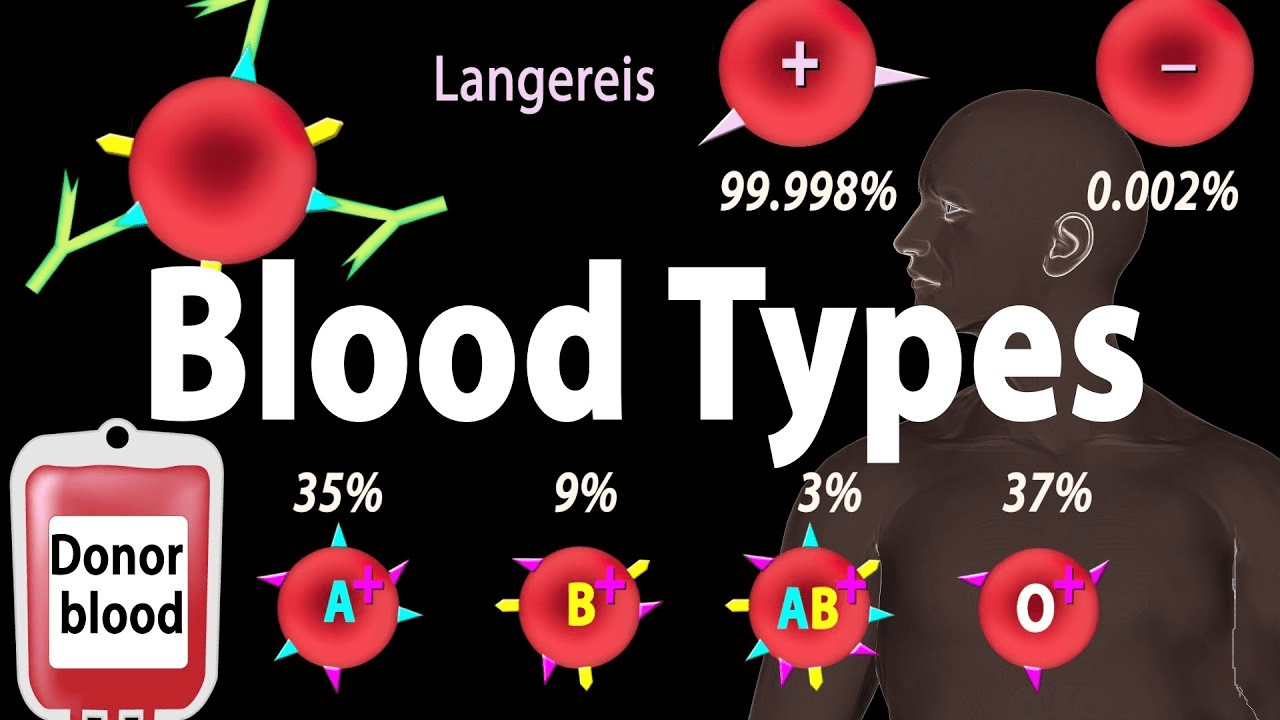Deja vu is French meaning “already seen,” but it’s used in English to describe a scene that feels familiar and that you’ve seen before.
For example, if you visit a location and observe something, you may get the impression that the same thing has happened previously in the same location, which is a deja vu experience.
What is Deja vu?
It defines genetic memory, which is the belief that you may inherit memories from your ancestors without having to experience them yourself.
It’s probable that a Déjà vu is nothing more than a circumstance, similar to a memory, inscribed in our DNA that makes us feel like we’ve seen it before.
What Causes Deja vu?
Deja vu happens most frequently in teenagers and young adults, demonstrating a strong association with brain development. It is caused by the developing brain’s failure to assign a time stamp, so to speak, to a current experience, so that when it becomes a memory, there is no sense of when it happened, so it subjectively feels like it happened a million years ago and now it’s happening again, which is impossible, unless you’re Nietzsche.
If you are in your forties or fifties, you should see a neurologist as soon as possible. If this is your sole symptom, there is nothing to worry about; nonetheless, déjà vu is not regarded typical for individuals with fully formed brains.
Has Anyone Felt Deja vu?
Everybody does it. Our mind has two operating components: conscious and subconscious. Now, the mind is essentially a byproduct of the brain that operates on the brain’s processes and forms our cognitive process. The mind and the thought process are inseparable.
Each of us have five major sense receptors in each of us. The five senses are smell, sight, taste, hearing and touch. Our conscious handles and maintains our overall awareness.
However, the subconscious mind processes information at a faster rate and in bigger quantities than our conscious mind. As a result, it stands to reason that the subconscious collects and evaluates all material before our conscious does.
It just so happens that the subconscious mind will occasionally convey this packet of facts to the conscious mind a split second before the aware mind, causing the surrealistic experience of Deja vu.
What are the Possibilities of Deja Vu?
Three Possibilities:
1. Recall of memories:
It might happen in response to an occurrence that reminds us of something we’ve seen but don’t recall.
2. Minor brain circuit failures:
It might happen when our brain “glitches,” or when the parts of our brain that track current events and those that recall memories are simultaneously active.
3. Perception conflict:
Even with a very little quantity of information from a quick, incomplete gaze, our brain may begin developing a memory of what we see the first time we see it.
So, if our initial glimpse of anything, such as a hillside vista, did not need our whole concentration, we may assume we are now seeing it for the first time.
Is Deja Vu Real?
DejaVu is 100% real…..our soul has had experiences before we got here, which is why we get a sensation of experiencing something familiar to us but can’t name it since we merely cognitively scan our brain looking for a comparable life experience here.
Scientific explanations of déjà vu reject the explanations of “precognition” or “prophecy,” instead explaining it as a memory aberration that generates the unique feeling that an experience is “being recalled.”
This argument is reinforced by the fact that most people have a strong sensation of “recollection” at the moment, but the circumstances of the “prior” experience (when, where, and how the earlier experience occurred) are unknown or thought to be impossible.
